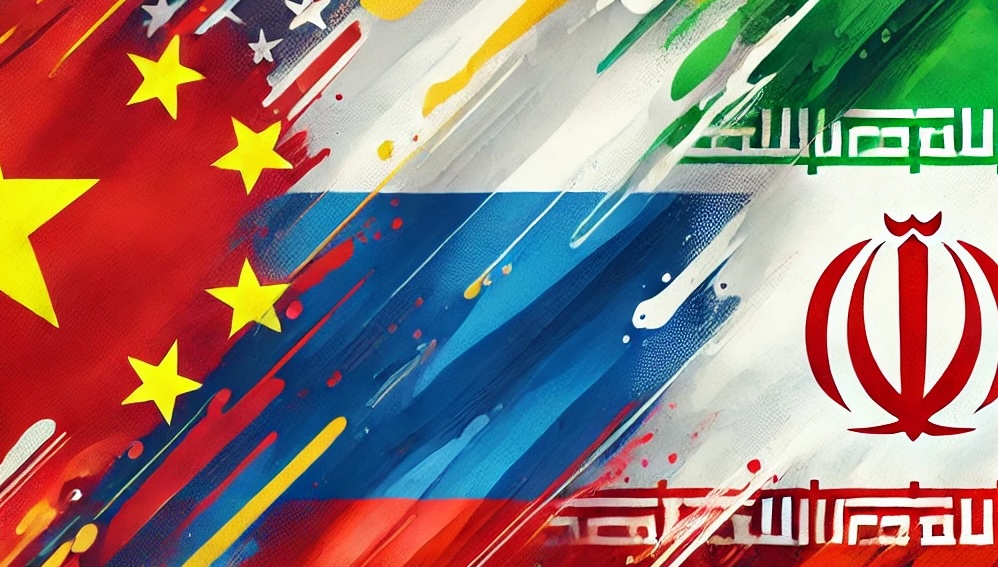Already a subscriber? Make sure to log into your account before viewing this content. You can access your account by hitting the “login” button on the top right corner. Still unable to see the content after signing in? Make sure your card on file is up-to-date.
China and Russia have called on the United States to lift sanctions on Iran and pursue a diplomatic solution to Tehran’s nuclear program, as President Trump warns that military action may be necessary to stop Iran from obtaining a nuclear weapon.
Some shit you should know before you read: If you’re unaware, Iran’s nuclear program has been a major problem for Western countries, with the US and Israel vowing not to allow Tehran to obtain a nuclear weapon. Since returning to office, President Donald Trump has reimposed his “maximum pressure” strategy, warning that Iran is running out of time to negotiate a new deal before military action is taken. Reports suggest that the US and Israel are considering a joint military strike on Iran’s nuclear facilities, a move that Iran has vowed to retaliate against with force. While Iranian officials maintain their nuclear program is solely for peaceful purposes, evidence—including uranium enrichment levels nearing weapons-grade purity and secret nuclear sites uncovered by the International Atomic Energy Agency—contradicts these claims, fueling concerns that Iran is inching closer to obtaining a nuclear weapon.

What’s going on now: During a meeting between Chinese, Russian, and Iranian officials in Beijing, the three nations issued a joint statement calling for an end to US sanctions on Iran and a renewed commitment to diplomacy over Tehran’s nuclear program. China’s Vice Foreign Minister Ma Zhaoxu said that all parties should “abandon sanctions, pressure, and threats of force” and instead focus on eliminating the “root causes of the current situation.”
China’s Foreign Minister Wang Yi outlined a five-point plan, calling for Iran to “continue to abide by its commitment not to develop nuclear weapons” while urging the international community to respect Iran’s sovereignty and economic rights. Chinese officials also reaffirmed their opposition to the US withdrawal from the 2015 nuclear deal, stating that Washington had irresponsibly “torn up” a signed agreement.
Iran’s representative, Kazem Gharibabadi, praised the discussions as “very constructive and positive,” while also accusing unnamed countries of manufacturing an “unnecessary crisis” to undermine the Iranian government.
This comes days after Iran’s Supreme Leader rejected President Trump’s call for Iran to come to the table to restart nuclear negotiations, calling Trump’s plea “deceptive.” Trump’s letter to Iran, which was delivered by a UAE official, warned Iran that if they failed to reach a deal with the US, the US would likely resort to military action to prevent Iran from obtaining a nuclear weapon.






